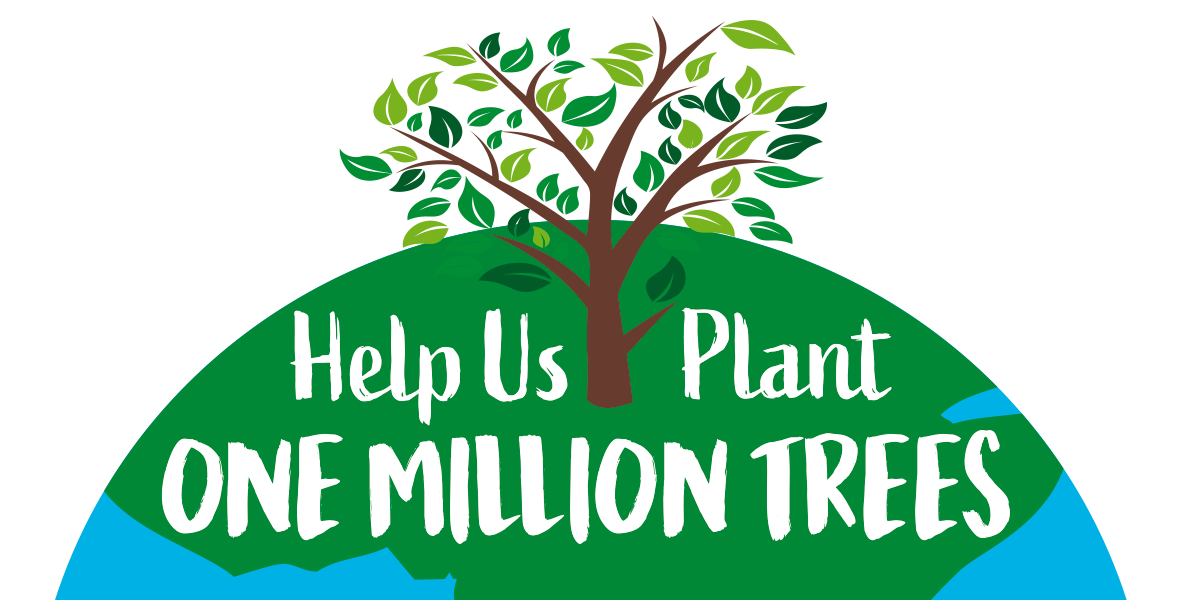
One Million Trees FAQ
In 2021, if you help us to plant just one native tree in the US, we'll plant nine more for you in Africa. Together, let's plant more than one million trees this year!
See below for answers to some frequently asked questions about this campaign.
For every $10 that is donated, we will plant one native tree in the US and 9 trees in Africa.
In the US, trees will be planted in sites across the country, as identified by our local partners ‘One Tree Planted’. Working with the U.S. Forest Service, U.S. State Forest and Conservation District, we are able to plant trees in California, Colorado, Florida and Oregon.
In Africa, trees will be planted within development project areas where Self Help Africa is working. These will include fruit trees, trees that help to restore and rehabilitate land, and trees that provide food, fodder and fuel for households and communities.
You can find out more about the trees we will be planting by visiting our Tree Directory.
Trees are one of the most effective ways to remove harmful greenhouse carbon from the atmosphere.
Self Help Africa has always planted trees, which are part of the mix of agricultural activities on small farms in Africa. We plant trees to help to rehabilitate degraded land, to restore nitrogen and nutrition to the soil, to provide shade and shelter, and to provide food and income for people (mango, papaya, passion fruit, citrus, cashew and macadamia are just some examples).
One Tree Planted is a non-profit environmental charity on a mission of global reforestation.
Interested in coming on board as a corporate sponsor? Email us at [email protected] for more information
The trees are owned by the individual or group who own the planting sites.
The investment in this project is not only in the purchase of tree seedlings. In Self Help Africa’s programs, we will also provide training and technical support to our partners and communities who are engaged in tree planting activities. In the US, tree sites are sustainably managed under continuous cover as a long-term resource.
Trees are not ‘the answer’ to climate change, and planting trees does not absolve us of the need to dramatically reduce the amount of polluting carbon that is being produced. The single most effective way to combat climate change is to reduce the amount of emissions. Amongst the most effective ways to sequester carbon from the atmosphere is to plant trees and re-wild the natural environment with other plant species.
The tree varieties will be decided, based upon the conditions of the particular location – including exposure, soil type, surrounding terrain, etc. We will be conferring with professionals. Examples of African trees include such varieties as: papaya, mango, cashew, macadamia, acacia saligna, alvida, olea africana, cordia africana, neem, grevillea robusta, sesbania, moringa oleifera, and moringa stenopetala.
You can find out more about the trees we will be planting by visiting our Tree Directory.
Self Help Africa’s ‘One Million Trees’ is affiliated to the UN backed One Trillion Trees campaign, which was launched in 2015 and is aiming to plant one trillion trees worldwide. In 2019, the campaign began developing the Plant-for-the-Planet App (available on Android, iOS and Web), that allows users to register planted trees or plant trees by donating to different tree planting organizations around the world, Self Help Africa included.
Self Help Africa will supply GPS data identifying each of its large scale planting sites in Africa in mid-2021.
